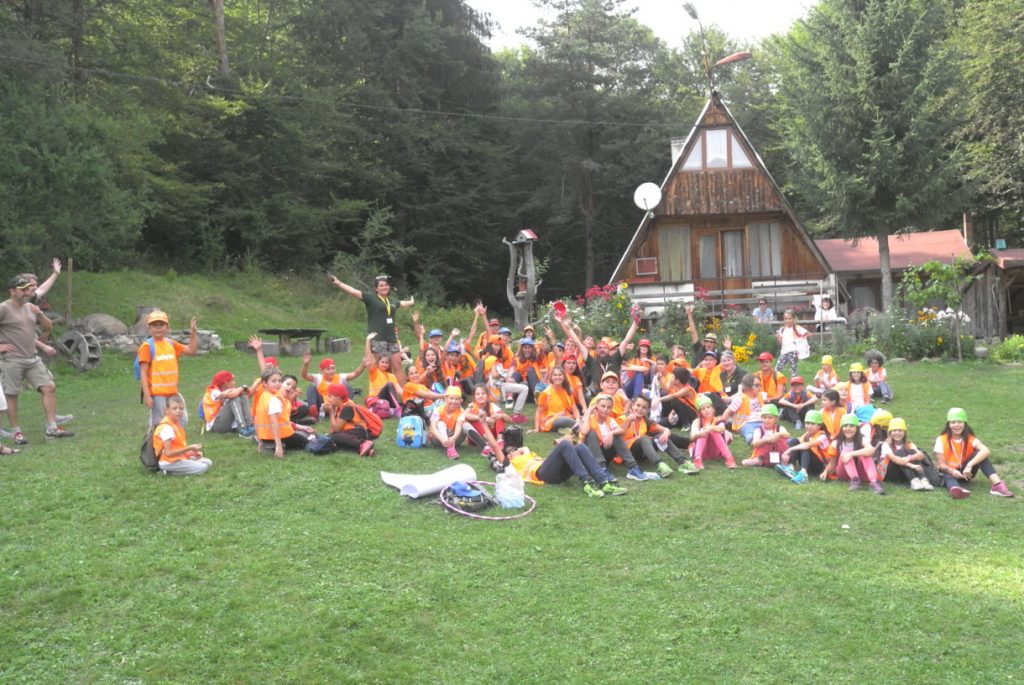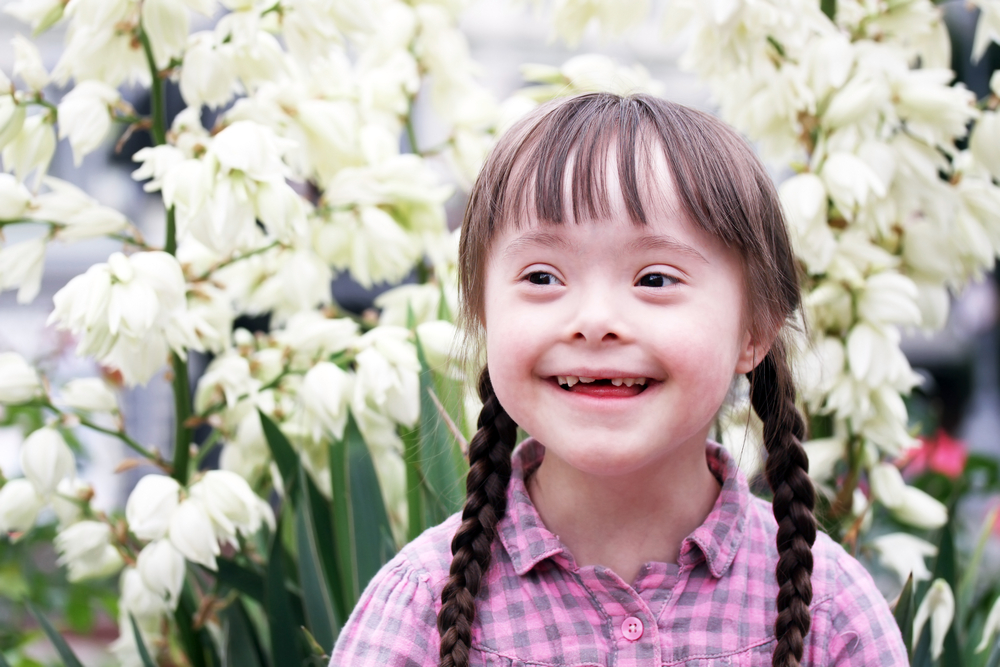How do Lucky Kids teachers help and educate these children?
How do they cope with difficult situations?
Down syndrome
Down syndrome is a genetic disease, has varying degrees and is usually the cause of changes in the typical characteristics of the child’s physical and intellectual development. It is important to know that it leads to various difficulties, some of which are intellectual. Better awareness of Down Syndrome gives professionals a better chance to work with children to help them grow and integrate into society.
Symptoms of Down syndrome:
- Physical: flat face, small head, short neck, narrow eyes curved upwards, short arms and legs, increased flexibility, short height
- Intellectual disabilities: mild to moderate cognitive deficits. Speech is affected, short-term and long-term memory are affected.
Training opportunities for children with Down syndrome
The syndrome is a phenomenon that has not yet been fully studied psychologically and pedagogically. Children with this syndrome are not “sick”, they are not “affected by a disease”. Syndrome means a set of symptoms and signs that most accurately characterize a state.
Down syndrome affects a person’s cognitive abilities, in other words they are processes of acquiring, processing, storing and using information that people make sense of and experience, put personal meaning into it, which helps them adapt to changing social conditions.
Children with Down syndrome begin to learn with a completely different set of biologically defined “tools” and learning tools than those of normally developing children. Their abilities do not arise in the same synchronous way, as the development of language lags behind other areas of cognitive development.
Training profile
One thing has been proven, children with Down syndrome have different areas of development and retardation. Children with the same IQ may have different cognitive profiles with strengths and weaknesses (Carr, 1995).
Outlining or revealing a cognitive profile in children with Down syndrome can contribute to the definition of the so-called “learning profile”, with characteristic strengths and weaknesses, which will affect the overall educational work with these children.
The education of children with Down syndrome is a challenge, as these children can be educated with both traditional and alternative methods or alternately. Over the last decades, there has been clear progress around the world in the development and practical application of new teaching methods.
We, the professionals at LuckyKids, believe that children’s learning styles are generally as different as the colors of the rainbow. For us, learning and knowing the learning styles of children with Down syndrome is the key to understanding them and applying effective approaches to our teaching. We follow the tendency to focus more and more on the individual characteristics of students.
These children often suffer from hearing loss, which can affect their learning. We plan our work so as to create the most supportive and stimulating environment. In our opinion, children with Down syndrome are “visual learners”, which means that they work best when they see, observe and look.
The planned lessons are based on their strengths, namely:
- good visual perception and ability for visual learning
- ability to use signs, gestures and visual aids
- ability to imitate others (children and adults) as well as to copy (imitate) their behavior
How do we deal with difficulties
Like all children, children with Down syndrome have their moments of fatigue, sadness and frustration. Sometimes they are more pronounced in them. In a good environment of supportive peers and adults, the child will not feel strong frustration. Often, however, these children react more violently and give up if they do not have the appropriate motivation and skillful navigation by a professional.
Our teachers are aware of the limited capabilities of these children, so the tasks they prepare for them are easier, more fun and within their abilities. Sometimes they attach an assistant to them.
We, the teachers at LuckyKids, believe that the integration of these children among the others is extremely important. That is why they are always part of the group work, contributing in their unique way to the implementation of a project. Encouraged and supported, they feel protected to be able to perform the cognitive task according to their personal characteristics.

The attitude of other children – virtues
In terms of accepting different children, we work daily with our campers. Each training course covers work with a variety of human virtues – explaining, practicing and rewarding performance.
From the very beginning of the camp, we start working with the children for patience, understanding, tolerance for the different of us, mutual help. It is important for us what environment we will create not only for children with Down syndrome, but also for all other campers. Our camp is a miniature model of our society. We teach our graduates to show the learned virtues and apply them in their lives to be worthy individuals.
